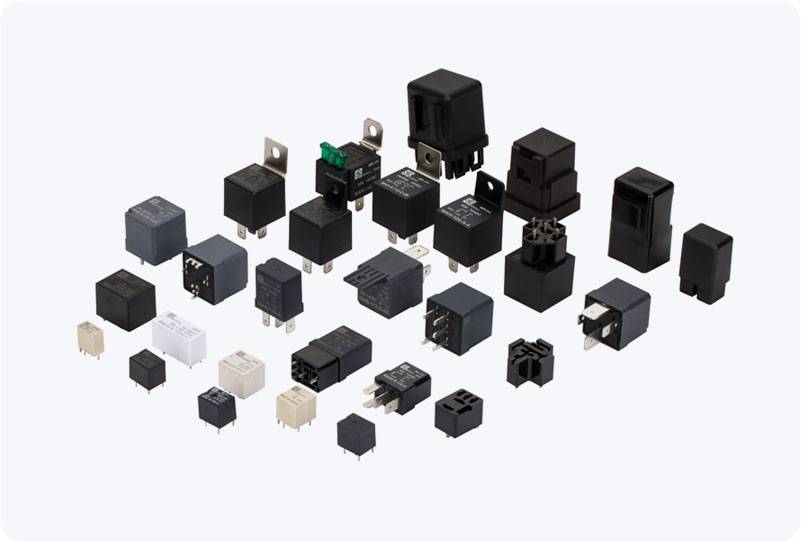An Industrial Timer Relay is a critical component in industrial automation and control systems. It plays a key role in the time-based operation of various electrical devices, ensuring that processes are executed in a precise and efficient manner. These relays are used to delay or control the switching of equipment based on pre-set time intervals, making them an essential tool in a variety of industrial and commercial applications. This article explores the working principles, types, applications, and selection criteria for Industrial Timer Relays.

Working Principle of Industrial Timer Relay At its core, an Industrial Timer Relay combines the functions of a relay and a timer. It is typically composed of an electromechanical or solid-state relay that operates according to time delays set by the user. The relay has one or more contacts that open or close when the timer reaches the predetermined time threshold. This delay can be configured to occur when the relay is either energized or de-energized, depending on the application. Timer relays operate by continuously monitoring an input signal (like a start or stop command). Once the timer is activated, it waits for the designated time period before triggering the relay’s contacts. This can either cause a device to switch on after the delay (on-delay) or remain active for a specified period before switching off (off-delay).